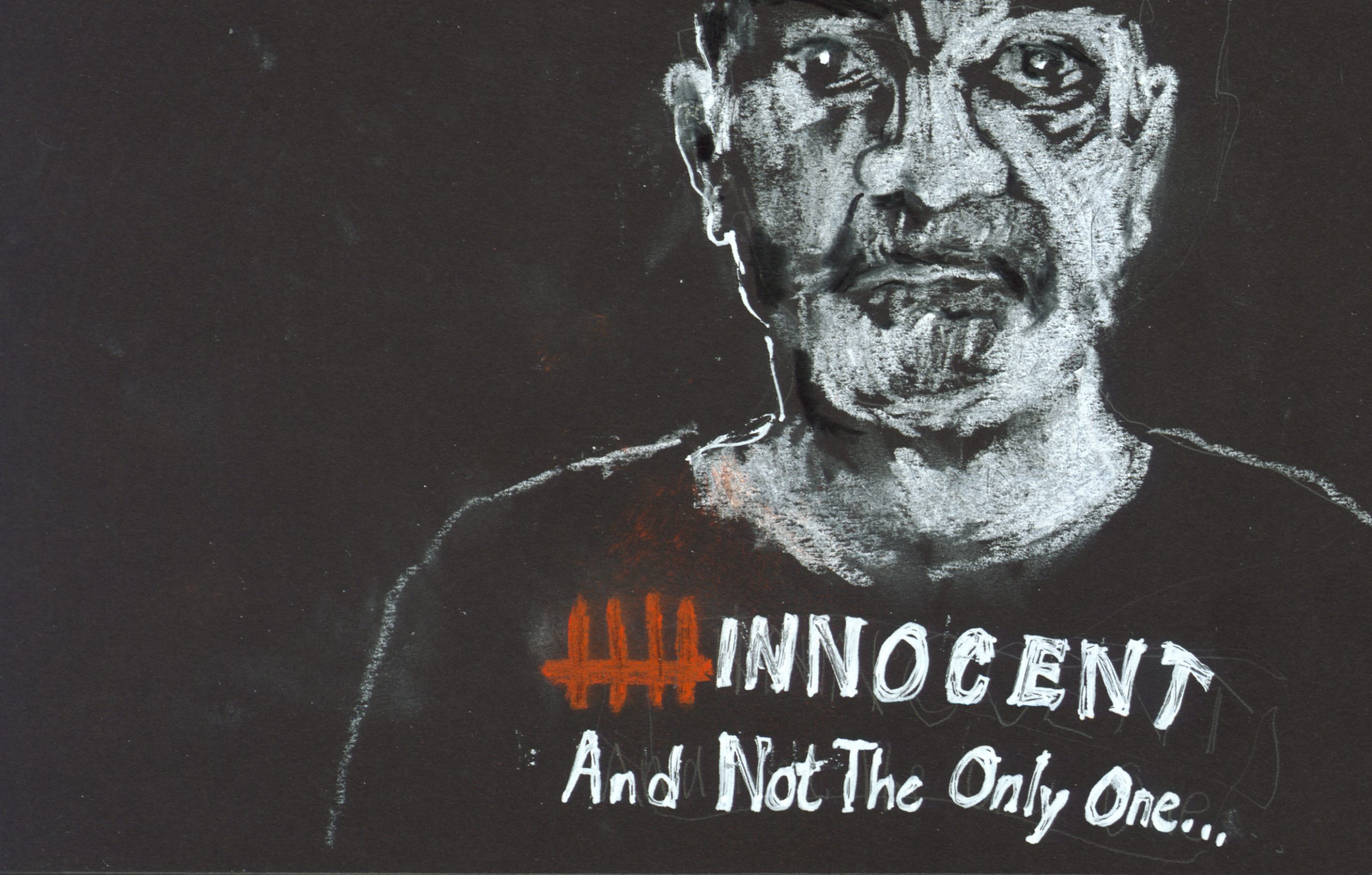The miscarriage of justice watchdog is to revisit more than 1,200 previously closed murder and rape cases following an internal review. The Criminal Cases Review Commission (CCRC) announced in April that it was revisiting 5,500 cases from before 1 January 2016 previously turned down where ‘advances in forensics’ might reveal important new opportunities. (Illustration: Isobel Williams from PROOF magazine.)
However, APPEAL, the campaign group that represented Andrew Malkinson in his successful appeal which the CCRC twice failed to arrange DNA testing, expressed concerns that its first review might already have missed opportunities. The group’s co-director, Matt Foot, told the Justice Gap that there was ‘no mention of forensic scientists being involved in this next phase of the CCRC’s review’. ‘Without input from independent DNA experts, there is a real risk that the CCRC’s investigators will incorrectly find that no forensic opportunities exist in some of these potential miscarriage of justice cases,’ said Foot.
‘The CCRC previously failed to learn lessons from its mishandling of the case of Victor Nealon, for which Andrew Malkinson paid the price,’ he continued. ‘If the CCRC is serious about addressing its failures in Andrew Malkinson’s case, it must engage forensic scientists and applicants throughout this review. With an additional £250k in funding, they have the resources to ensure this is done properly.’
In July 2014, DNA laboratories in the UK moved to a technique called DNA-17 which, the CCRC says, meaning that old, degraded or relatively small samples could make as crucial difference. The Ministry of Justice has provided extra funding of £250,000 to allow the CCRC to recruit staff to work on the project.
In the first phase of the review 5,500 cases were identified in which applications to the CCRC had been turned down. ‘Not all these cases raised a dispute about the identity of the offender,’ commented the CCRC. This sift is ‘largely complete’; 1,247 cases have so far moved through to the next phase where investigators will attempt to identify cases where there are ‘fresh forensic opportunities which could impact the safety of a conviction’. There are around 300 more cases which require further work. A spokesman said that that next stages ‘could take a considerable time’. ‘We do have a dedicated team working on it, and this is expanding, but we must balance this work with our important existing case reviews,’ he said.
Support the Justice Gap, buy Proof








